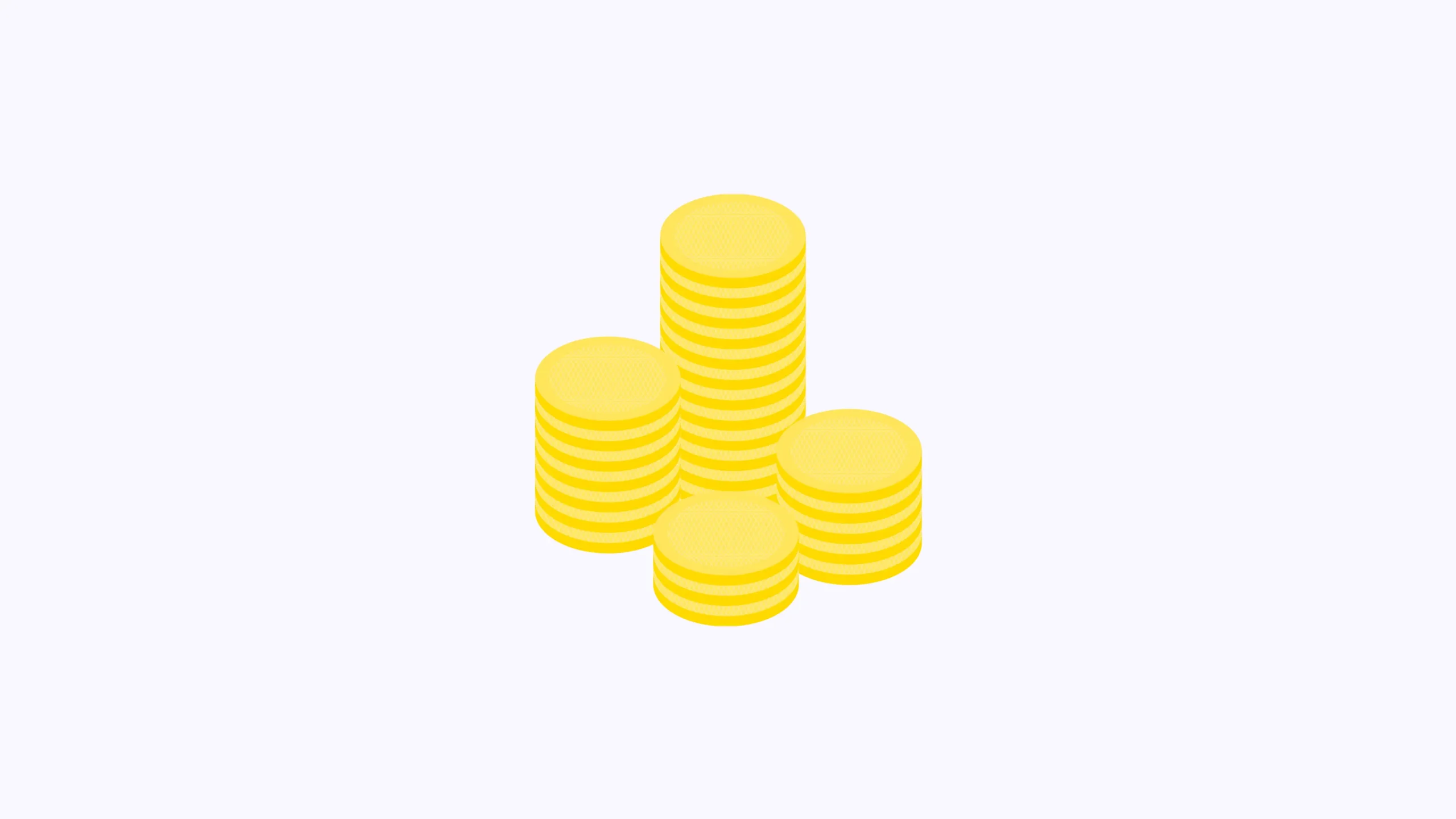
Mutual funds have become increasingly popular over the years, especially for people who want to invest and grow wealth. Basically, we know that a mutual fund is a pooled investment vehicle, i.e. several investors gather money to buy several stocks, bonds, and other securities. You might be curious to know how mutual funds make money for you as an investor and how mutual fund companies themselves make money— this is what the article intends to discuss briefly.
How Mutual Fund Companies Make Money
1. Investment/management fee
Mutual fund companies make investments on behalf of public investors. And as a business established to generate profits for themselves and their investors, they make money by charging the investors’ fees.
The fees that mutual fund companies charge vary from fund to fund in terms of size and type.
Mutual funds primarily generate income by charging investors a percentage of assets under management (AUM) and sales charges that function like commissions.
They do this by deducting fees from the fund’s assets to cover its operating costs and turn a profit.
The annual cost ratio refers to all the fees assessed either monthly or quarterly against the fund’s assets.
The expense ratio typically falls between 0.5% and 1 % annually, meaning that if it were 1 %, an investor would be charged N10,000 annually for every N1,000,000 in fund assets.
Read more about Expense Ratio.
2. 12b-1 fees
Mutual funds also charge 12b-1 fees for marketing and distribution in addition to management costs.
When funds are offered with little or no sales costs, these fees, which are generally 0.75% of a fund’s net assets are commonly used to pay the internal or external sales staff.
3. Mutual fund sales charge
Licensed brokers, consultants, or other sales agents usually distribute mutual funds to investors, and there are sales charges associated with this—buying or selling shares.
They are charged when purchasing (front-end loads) or redeeming (back-end loads) mutual funds.
They are deducted from an investor’s assets on the way in or out of the fund and used to pay a sales middleman.

How Mutual Funds Make You Money as an Investor
When you invest in mutual funds, you make money in one of three ways: Dividends, Capital gains, and Net Asset Value (NAV).
1. Dividends
A dividend is a money paid regularly (typically annually) to shareholders for their investment in a company’s equity. Dividends are usually paid out of the company’s profits (or reserves).
However, many asset management firms will also provide you with the choice to reinvest your earnings and use the power of compounding to build wealth.
2. Capital Gains
A fund makes a capital gain when it sells when a security’s price has increased or appreciated. (Similarly, a capital loss occurs when a fund sells an asset whose value has decreased.)
The majority of funds annually payout any net capital gains to investors.
3. Net Asset Value
A mutual fund’s net asset value, or NAV, is the cost per share.
It is the net value of an investment fund’s assets minus its liabilities, divided by the number of shares outstanding.
For example, if a fund holds investments valued at N100 million and has liabilities of N10 million, its NAV will equal N90 million. And, if the fund has one million shares outstanding, the NAV per share will be N90.
This value helps the investor determine whether their money has grown or otherwise from the time of investment to withdrawal.
Bottom Line
Before investing, investors should educate themselves on mutual fund fees. In addition to receiving dividends on their underlying holdings, shareholders also generate income through the price appreciation of those assets. Mutual fund companies generate income through the fees investors pay to manage their funds.
Ready to start investing? View our collection of mutual funds.
RELATED
